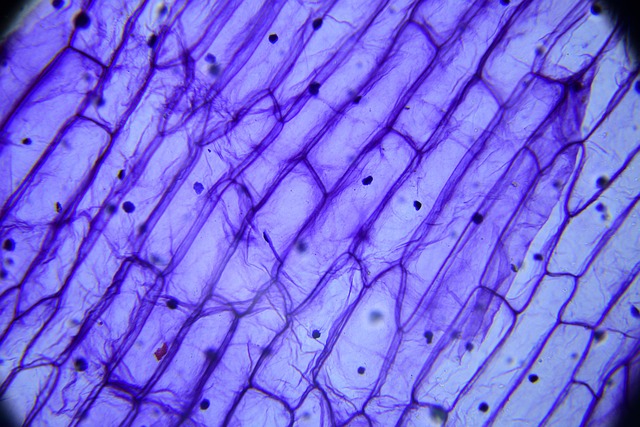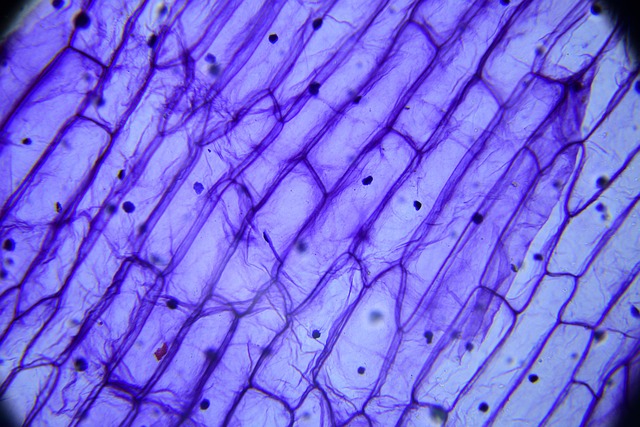Drug Rehabs Manchester NH: Building a Path to Sobriety
Addiction is a multifaceted condition rooted in trauma, mental health issues, or environmental facto…….
Over 15% US adults have used prescription painkillers not prescribed to them.
In the heart of New Hampshire lies Manchester, a city that has become a beacon for those seeking recovery from substance abuse. This article delves into the world of drug rehabs in Manchester, exploring its unique offerings, impact, and role within the global context of addiction treatment. Drug rehabilitation centers (DRCs) in Manchester have evolved to cater to a diverse range of individuals struggling with addiction, offering hope and healing through specialized programs and supportive environments. By examining various facets of these rehabs, we aim to provide a comprehensive understanding of their significance and potential for positive change.
A drug rehab center, or DRC, is a specialized facility designed to provide intensive treatment and support for individuals battling substance use disorders (SUDs). These centers offer a range of services aimed at detoxifying the body, addressing underlying psychological issues, and equipping individuals with tools for long-term recovery. In Manchester, New Hampshire, these rehabs typically include:
The concept of drug rehabilitation has evolved over the past century, reflecting societal shifts in understanding addiction as a complex health issue rather than a moral failing. In Manchester, the establishment of DRCs can be traced back to the mid-20th century when concerns about rising drug abuse rates led to the creation of specialized treatment centers. These early efforts laid the foundation for the comprehensive rehabilitation services offered today.
Manchester’s rehab centers have played a pivotal role in addressing the growing opioid epidemic, which has significantly impacted New Hampshire and many other states. By providing accessible and effective treatment options, these facilities contribute to public health and safety by reducing drug-related harm and enabling individuals to rebuild their lives.
The impact of Manchester’s drug rehab centers extends far beyond its borders. The city has become a model for other communities worldwide struggling with substance abuse crises. Successful outcomes from Manchester’s rehabs have inspired best practices shared globally, contributing to the development of evidence-based treatment programs.
The drug rehab industry in New Hampshire is a significant economic driver, generating substantial revenue through various sources:
Investment in drug rehab centers has shown consistent growth, driven by:
The integration of technology in drug rehabilitation has revolutionized treatment delivery:
Artificial intelligence (AI) is transforming data analysis within DRCs:
Drug rehab centers in New Hampshire operate within a structured regulatory environment:
Despite their positive impact, Manchester’s drug rehabs face several challenges:
Case Study 1: The Recovery Center at Manchester Community Hospital
This inpatient rehab facility offers a comprehensive 30-day program combining medical detox, individual therapy, group sessions, and family involvement. Their success lies in:
Case Study 2: Granite State Recovery Network
This network connects individuals across New Hampshire with appropriate rehab services, housing, and employment opportunities. Their collaborative approach includes:
Drug rehabs in Manchester, New Hampshire, represent a vital component of the global effort to combat substance use disorders. These facilities have evolved to provide comprehensive, evidence-based treatments while navigating challenges related to accessibility, stigma, and relapse prevention. By embracing technological advancements, diversifying service offerings, and fostering community partnerships, Manchester’s drug rehab centers can continue to set standards for effective addiction treatment and recovery support.
Q: What types of therapy are commonly offered in Manchester’s drug rehabs?
A: Drug rehabs in Manchester provide a range of therapeutic approaches, including individual counseling, group therapy (e.g., cognitive-behavioral therapy, motivational interviewing), family therapy, art and music therapy, and trauma-informed care.
Q: How do I know if I or a loved one needs professional help for substance abuse?
A: If you or someone else is experiencing problems with drugs or alcohol, including difficulty controlling use, neglecting responsibilities, or encountering legal issues, it’s essential to seek professional help. Concerns from friends and family members are often strong indicators that support and treatment are needed.
Q: Are drug rehabs covered by insurance in New Hampshire?
A: Yes, many drug rehab centers in New Hampshire accept insurance, including Medicaid plans. It’s best to contact the facility directly or check their website for information on insurance coverage and billing options.
Q: What should I expect during the detoxification process?
A: Detoxification is a critical phase that involves safely managing withdrawal symptoms while preparing the body and mind for abstinence from drugs or alcohol. Medical professionals closely monitor clients, provide medications as needed, and offer support to ensure a safe and comfortable experience.
Q: How long does recovery take after completing a drug rehab program?
A: Recovery is a lifelong process, and the length of active recovery depends on various factors, including the severity of addiction, co-occurring disorders, and personal circumstances. Many individuals continue therapy, attend support groups, and make positive lifestyle changes for extended periods post-rehab.

Addiction is a multifaceted condition rooted in trauma, mental health issues, or environmental facto…….

Drug addiction in Manchester, NH, is a growing crisis, especially with opiate overdoses. The co-occu…….

Drug Rehabs Manchester New Hampshire provide a comprehensive and flexible approach to substance abus…….